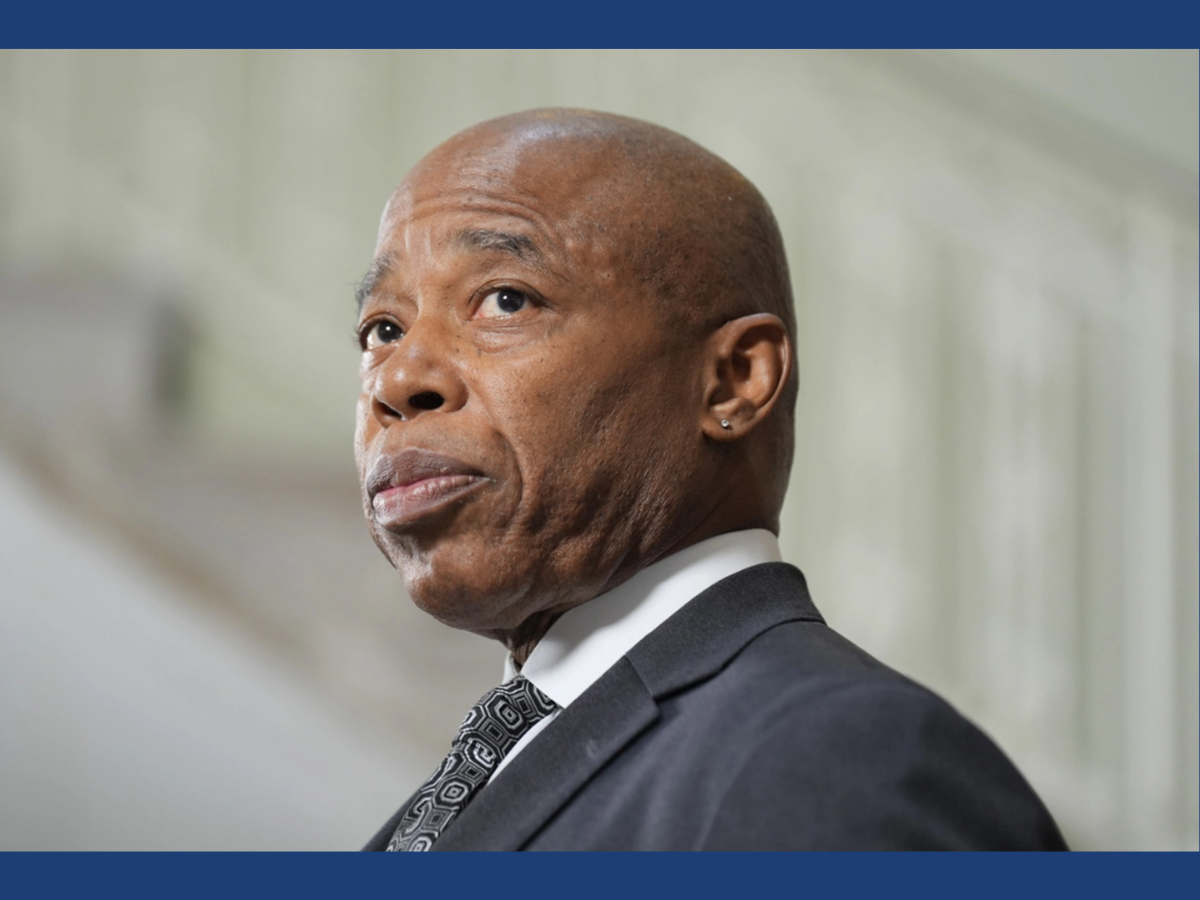American Oversight Files Bar Complaint Against Deputy AG Bove for Corrupt Actions in Dismissal of Eric Adams Charges
The organization calls for a full investigation of reported misconduct by Bove, who pushed for the dismissal of criminal charges in return for Adams’ political cooperation with the Trump administration.

On Wednesday, nonpartisan watchdog American Oversight filed a disciplinary complaint asking New York authorities to investigate potential professional misconduct by acting Deputy Attorney General Emil Bove, the Justice Department official who oversaw and directed the corrupt dismissal of criminal charges against New York City Mayor Eric Adams.
The complaint, sent to the Attorney Grievance Committee in New York, where Bove is a member of the state bar, outlines how Bove’s pursuit of the dismissal — reportedly achieved by threatening to fire subordinate attorneys, and by claiming the dismissal was appropriate in light of Adams’ political cooperation with the Trump administration — appears to have violated several sections of New York’s rules governing attorney ethics and professional conduct.
“Letting an elected official off the hook for serious, criminal charges in exchange for political support is textbook corruption and could be grounds for suspension of an attorney’s law license,” said American Oversight interim Executive Director Chioma Chukwu. “As a member of the New York bar, Mr. Bove is required to meet minimum standards of professional conduct, but the overwhelming weight of evidence suggests he has failed to do so. The rule of law isn’t a political trading card; it must be applied equally and uniformly, and we urge the New York Attorney Grievance Committee to investigate and address Mr. Bove’s actions before they become the norm at the U.S. Justice Department.”
Background on Bove’s Actions
On Feb. 10, Bove directed Danielle Sassoon, the U.S. attorney for the Southern District of New York, who eventually resigned over the matter, to seek the dismissal of Adams’ indictment for federal bribery, campaign finance, and conspiracy offenses. According to public reporting and Sassoon’s letter refusing to carry out the instructions, Bove did not question whether the charges — based on substantial evidence — were supported by facts or law. Instead, the decision was based on the understanding that Adams would assist the Trump administration with its immigration enforcement agenda and other policies in exchange for the dismissal. Moreover, Trump “border czar” Tom Homan has warned that if Adams “doesn’t come through,” Homan would “be back in New York City … saying, ‘Where the hell is the agreement we came to?’”
Following Sassoon’s refusal, Bove reportedly convened the entire Justice Department Public Integrity Unit, giving them an hour for two lawyers to sign the motion for dismissal. Approximately seven prosecutors in all eventually resigned, with one senior member of the unit having signed the motion, reportedly to shield his more junior colleagues.
Details About American Oversight’s Disciplinary Complaint
The New York Rules of Professional Conduct, like those of other states, hold lawyers in general, and prosecutors and government lawyers in particular, to a high standard as officers of the law. American Oversight’s complaint details the specific items within the Rules of Professional Conduct that Bove appears to have violated, such as instances of dishonesty and misrepresentation with regard to his claim that the dismissal — reportedly in exchange for Adams’ political support — was appropriate, and his specious assertion that the charges had been a result of the “weaponization of government” and therefore improper.
In addition, Bove’s actions constitute “conduct that is prejudicial to the administration of justice” by paving the way for new attempts at striking similar deals. And by attempting to induce other lawyers to engage in unethical behavior, he also appears to have violated the rule that lawyers should not “knowingly assist or induce another” to “engage in … conduct that adversely reflects on the lawyer’s fitness as a lawyer.”